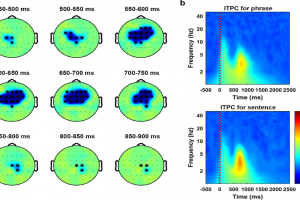A New Approach to Cocaine Use Reduction
One of the challenges people addicted to cocaine, opioids, and other substances deal with is the strong desire to use these substances. This intense desire or craving for consumption can be caused by changes in the brain's reward system. Researchers at MIT’s McGovern Institute for Brain Research have proposed a new way to overcome drug addiction.
M4 muscarinic receptors are among the acetylcholine neurotransmitter receptors. These receptors are abundant in the striatum, which plays an important role in habit formation. The function of these receptors together with M1 receptors is opposite to that of dopamine. Repeated use of substances reduces the sensitivity of dopamine receptors to substances, so a person must consume a larger dose of the substance to achieve the previous effects. Since blocking dopamine receptors has little efficacy and causes unpleasant side effects for people, the researchers decided to activate muscarinic receptors.
Activation of M1 and M4 muscarinic receptors in rats reduced cocaine consumption. Also, these rats preferred food to substances. By continuing this process for seven days, stronger effects were observed. It should be noted that the effect of M1 receptor activation emerged a little later than M4, but its effect remained for a longer period of time. Also, from a cellular and molecular point of view, the effectiveness of M1 receptors depends on the presence of a protein called CalDAG-GEFI, while M4 receptors are also effective regardless of this protein. Obviously, if these two types of receptors are activated at the same time, a greater effect will be observed.




Related Posts